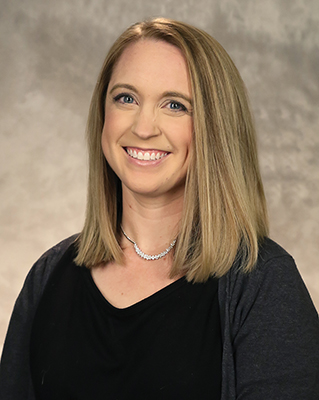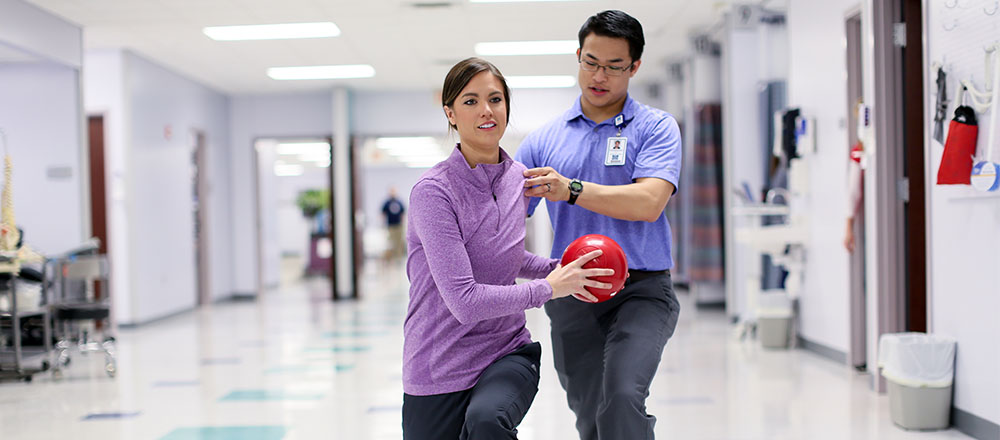Bruce Willis Diagnosis Shines Spotlight on Aphasia
April 5, 2022Categories: Live Healthy, Neurosciences, Rehabilitation Services, Your Wellness

When news broke in March that actor Bruce Willis was stepping away from acting, the cause -- aphasia (uh·fay·zhee·uh) -- left fans saddened. His condition also left people wondering -- what is aphasia? Not many people know. In 2020, the National Aphasia Association polled people 25 and older from across the U.S. Only 7% of respondents had heard of aphasia.
What Is Aphasia?
Aphasia is a language disorder in the brain that affects the ability to communicate. It can affect speaking, listening, reading, writing and gesturing. Willis is among 200,000 people in the U.S. who develop aphasia each year, according to the National Institutes of Health.
Aphasia can happen suddenly, such as after a stroke or head injury. It can also develop slowly from a brain tumor or dementia. Sometimes people experience temporary aphasia, as with a migraine, seizures or ministroke. The affected parts of the brain and the severity determine the type of aphasia and its impact. Aphasia does not affect a person’s cognitive abilities.
Types of Aphasia
There are three main types of aphasia:
- Broca's aphasia: People with this type of aphasia can understand and know what they want to say, but they have difficulty getting the words to come out. They have a limited vocabulary. Their speech is short and halting. They also may have difficulty with writing.
- Wernicke's aphasia: People with this type of aphasia have difficulty understanding but can speak fluently. However, their speech may not make sense. They often have poor awareness. They may also have difficulty with reading and writing.
- Anomic aphasia: People with this type of aphasia have trouble naming objects or thinking of words. They usually feel words are “on the tip of their tongue." Speech is usually fluent and grammatically correct. They can understand well.
There is a fourth type that is unlike the main types -- primary progressive aphasia (PPA). PPA is a neurological syndrome that gets worse over time. This is due to gradual degeneration of brain cells located in the language networks. Over time, people with this type of aphasia will lose the ability to understand and express language.
Rehabilitation
Sometimes aphasia improves on its own, but many people require therapy with a speech-language pathologist (SLP). SLPs collaborate with patients and families to improve communication skills and develop strategies to support their communication strengths. In some cases, SLPs can help train alternative ways of communicating, such as using a tablet or smartphone. With PPA, SLPs may help plan for the future and develop strategies for each stage in the progression. The specific techniques and treatment aims will depend on each person's situation.
It is important to remember that a person with aphasia is still the same person they were before the diagnosis. Think of how frustrated and isolated you would feel if you couldn’t think of the words that you wanted to say or couldn’t understand what was being said. There is hope for people living with aphasia. The brain possesses the extraordinary ability to reorganize and create new pathways -- a concept called neuroplasticity. With the help of rehabilitation, people can regain their connections with others.
NKCH Resources
The neurologists at Meritas Health Neurology can help diagnosis aphasia and other neurological conditions. Speech and language therapy may be part of the treatment plan. Our Outpatient Rehabilitation Services department has therapists who are specially trained to treat people with aphasia.
Explore More
Build a Brain Gym With These Cognitive Steps
Healthy Brain Aging
Noggin Knowledge



